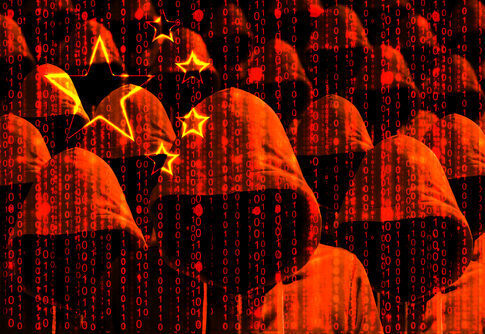The GOP House Committee on Homeland Security has released a chilling report exposing a disturbing pattern of CCP-linked espionage activities. The snapshot highlights the urgent need for stronger countermeasures to protect American national security and economic interests from the pervasive threat of Chinese espionage. What new strategies or policies could enhance America’s defense against Chinese spying?
Alarming Scope of CCP Espionage in America
The “China Threat Snapshot” reveals a staggering 220+ incidents of CCP espionage across 20 U.S. states since 2001. This widespread network of Chinese spying activities poses a severe threat to American national security and economic interests.
The report highlights that approximately 80% of espionage cases and 60% of trade secret theft cases in the United States are linked to the People’s Republic of China (PRC). This alarming statistic underscores the magnitude of the CCP’s efforts to undermine American technological and economic advantages.
🚨The CCP's espionage in the U.S. is on the rise.
There were 60+ reported cases of CCP-backed efforts to take military secrets, steal trade info, & conduct transnational repression operations in the last four years.
More on our China Threat Snapshot: https://t.co/QmHIbhukyl
— House Homeland GOP (@HomelandGOP) February 12, 2025
Recent CCP Espionage Cases Expose Diverse Tactics
Several high-profile cases in 2024 demonstrate the varied methods employed by CCP agents. Chen Jinping pleaded guilty to operating an undeclared police station in New York City, while Klaus Pflugbeil was sentenced for attempting to send trade secrets from a U.S. electric vehicle company to China.
John Chen received a sentence for acting as an unregistered agent and bribing an IRS official to target Falun Gong practitioners. U.S. Army analyst Korbein Schultz admitted to selling military information to a PRC-connected foreign national, exposing vulnerabilities within America’s armed forces.
“The People’s Republic of China is more than just a distant geopolitical adversary; the Chinese Communist Party is working to undermine U.S. sovereignty in our own backyards.” – @RepPfluger
Learn more from our latest “China Threat Snapshot”: https://t.co/e9MsBEszfJ pic.twitter.com/JCB85DqXOi
— House Homeland GOP (@HomelandGOP) February 13, 2025
Urgent Call for Enhanced Countermeasures
The alarming frequency and sophistication of CCP espionage activities have prompted calls for stronger countermeasures from U.S. leadership. Then-Senator Marco Rubio expressed concerns about PRC hacking of U.S. telecom companies in November 2024, urging the Trump administration to address these threats.
As the CCP continues to employ diverse tactics, including cyberstalking and creating fake pro-democracy organizations, the U.S. government must develop comprehensive strategies to detect, prevent, and neutralize these threats. Strengthening counterintelligence efforts and increasing public awareness will be essential in safeguarding America’s national security and economic interests against Chinese espionage.

